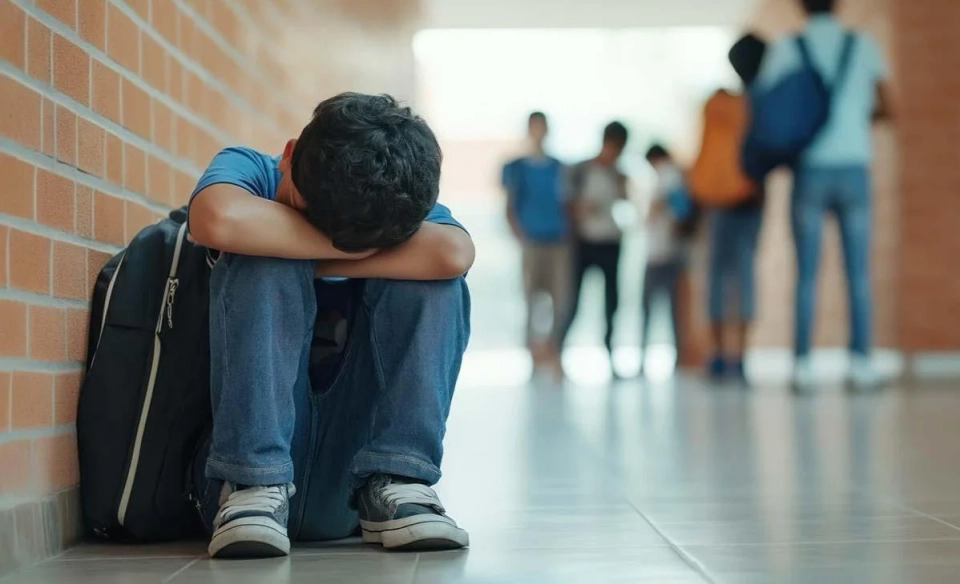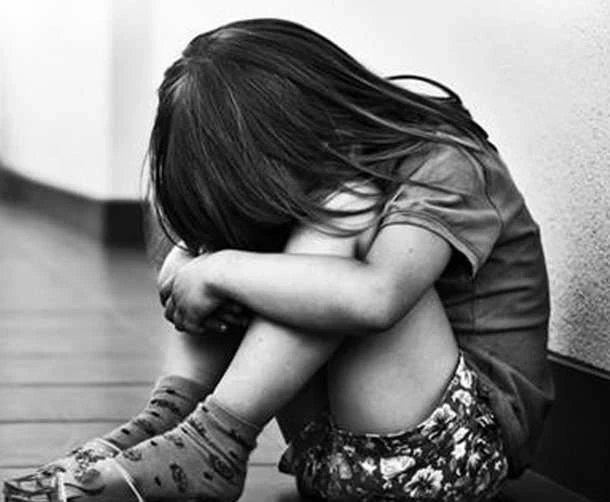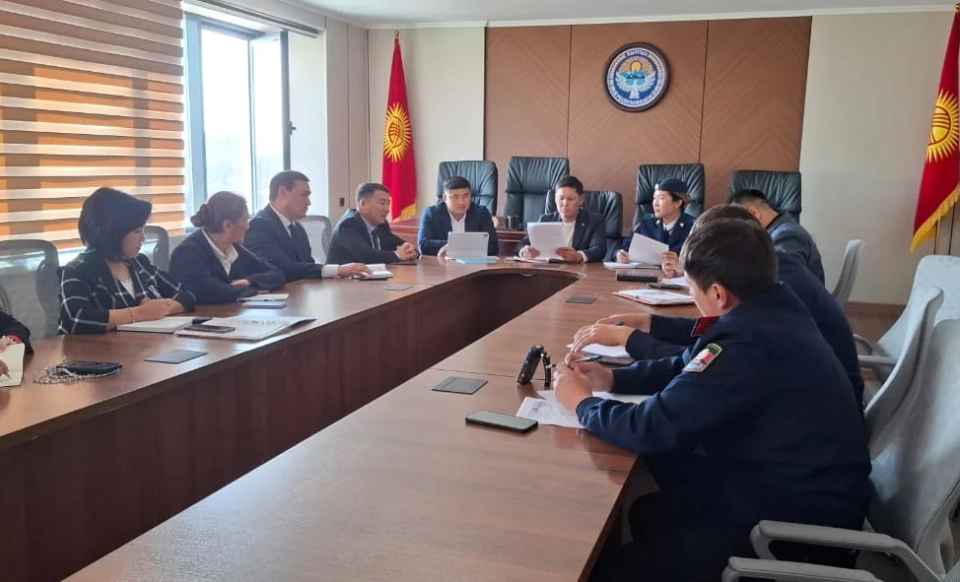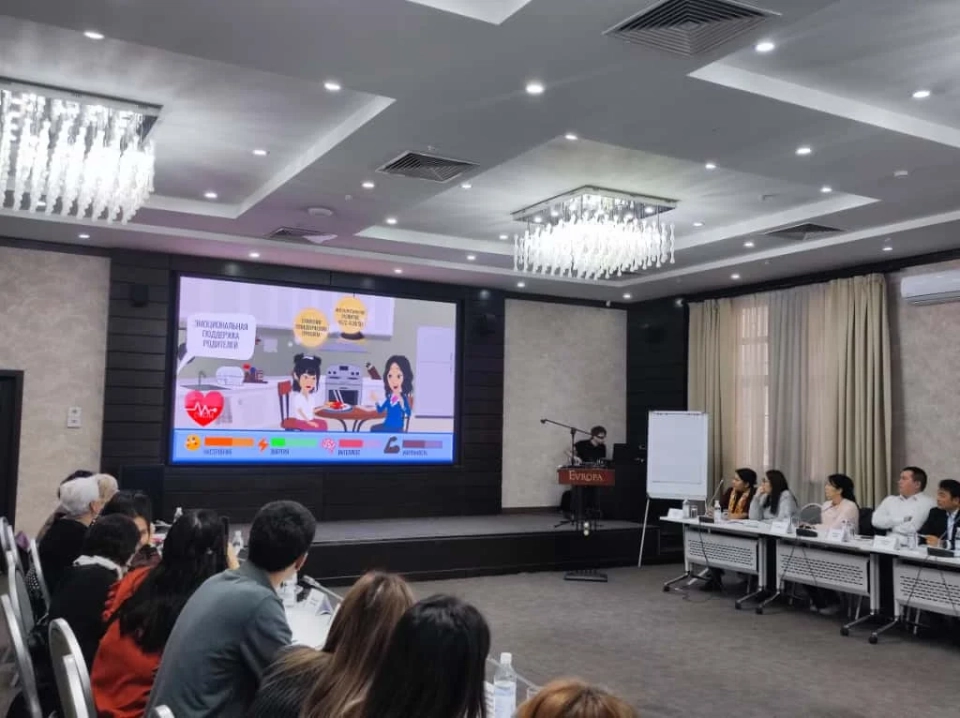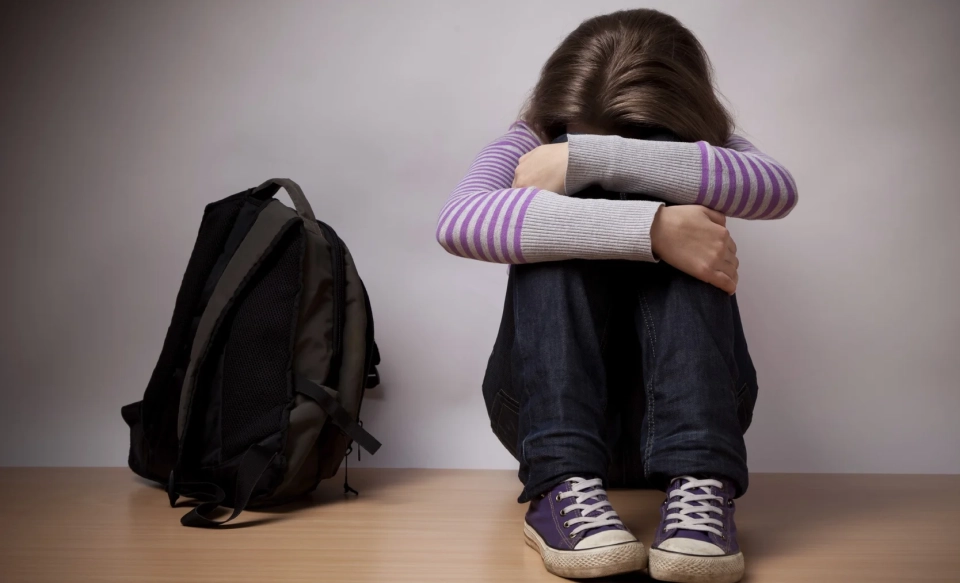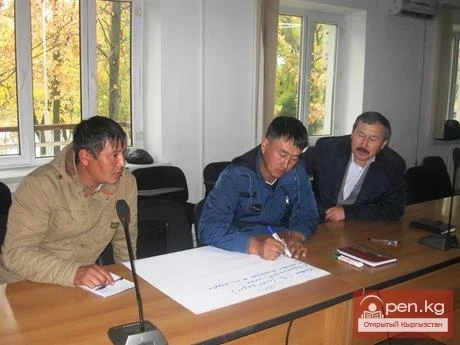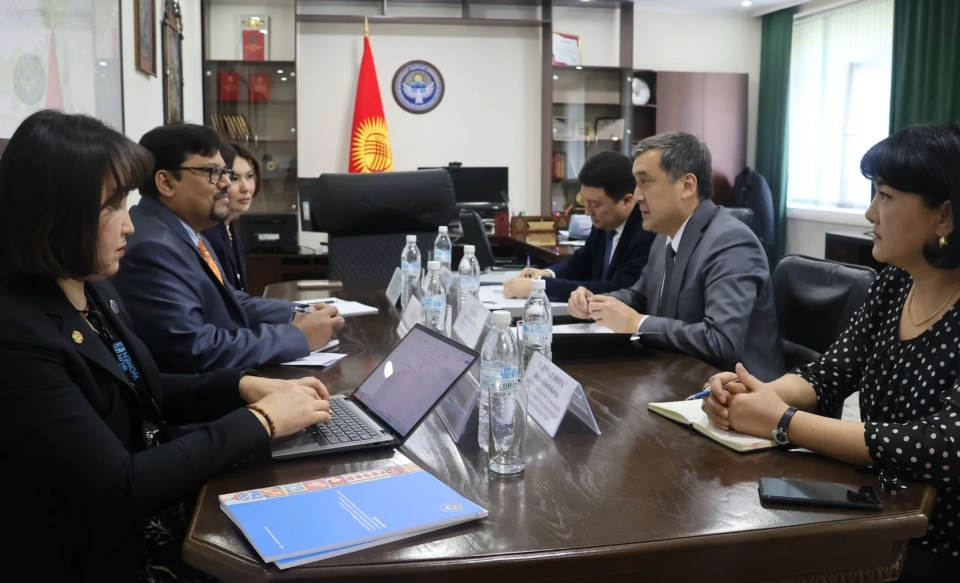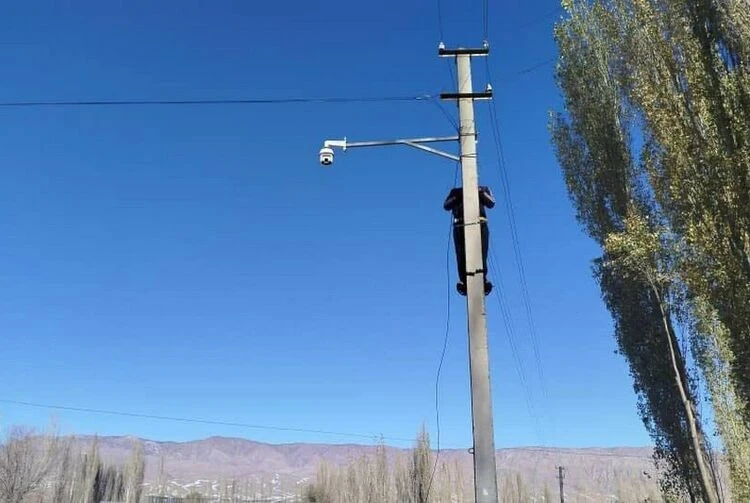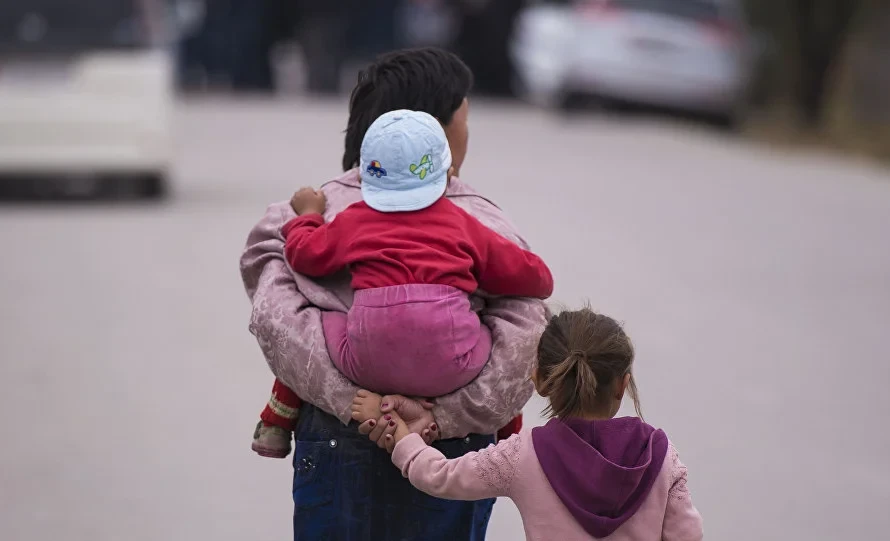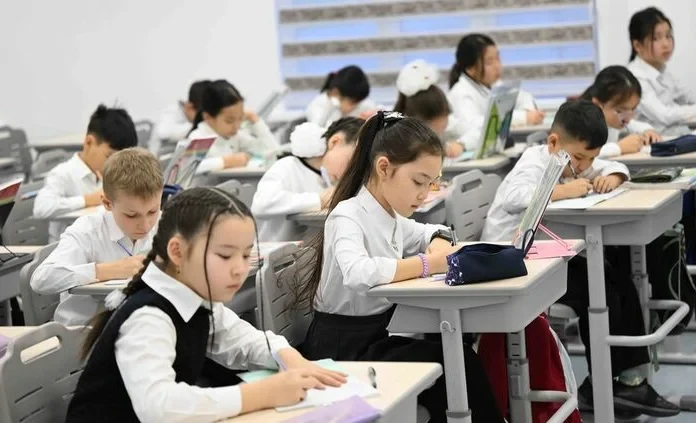
The program manager of the public fund "Civic Participation," Aida Kurbanova, presented preliminary recommendations based on the results of a national study concerning violence in educational institutions and child protection.
Recommendations for the Ministry of Education and related organizations involved in the child protection system:
- Improvement of the legislative framework regarding child protection and the implementation of effective mechanisms for enforcing legislative norms.
- Strengthening cooperation between agencies through clear interaction protocols and appropriate resource support.
- Creation of a unified statistical system for cases of violence in schools and optimization of data collection, analysis, and transparency (including through mobile applications).
- Reviewing the responsibility of educational institutions for ignoring incidents of violence and implementing a reward system for timely identification and reporting of such incidents.
- Regular monitoring by the public on issues of violence in educational institutions.
- Improvement of the mobile application "Don't be afraid, report" and dissemination of anonymous reports through chatbots.
- Ensuring the presence of psychologists in every school and enhancing the qualifications of educators in the areas of social-emotional learning and conflict resolution.
- Development of programs for students on non-conflict resolution of disputes and self-regulation in difficult situations.
- Integration of topics related to violence, bullying, and cyberbullying into various academic subjects.
- Conducting campaigns to inform parents and the public, supporting local community initiatives.
- Ensuring access to psychological assistance for victims, aggressors, and witnesses of violence through safe channels (anonymous boxes, chatbots).
- Enhancing the qualifications of educators in identifying and mediating conflicts, as well as dealing with psychological violence.
- Regularly informing parents about registered cases of violence and the measures taken in each specific case.
- Training parents to recognize signs of violence, provide emotional support, ensure cybersecurity, and understand legal responsibilities.
- Improving data collection on violence in schools, taking into account the type of educational institution, region, gender, age, and grade.
- Conducting campaigns aimed at destigmatizing seeking help and promoting a culture of zero tolerance for violence.
